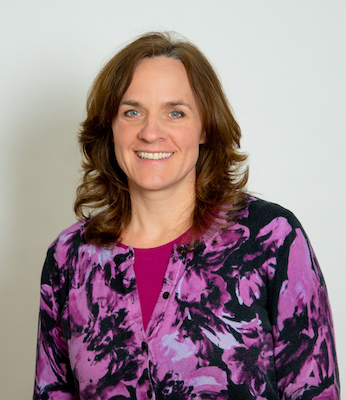“We figured out that by just managing that microenvironment around the seed, if you get that corn up and get it going, then the rest of that residue actually could be a benefit late season to us. But we had to manage the early nitrogen…” — Barry Fisher, Retired Central Team Leader/Soil Health Specialist, NRCS
Recently retired from a multi-decade career with the NRCS, agronomist Barry Fisher has been a long-time booster of no-till. Based in his home state of Indiana, Fisher’s efforts helped the state’s no-till acres grow to the point where it was among the states with the highest percentage of no-till ground in the U.S.
Fisher devoted much of his government career to encouraging the adoption of no-till and cover crops. Over the years, he’s worked with thousands of farmers while conducting numerous field days and has tested a wide variety of no-till equipment options to demonstrate no-till best practices.
In this episode of the No-Till Farmer Influencers & Innovators podcast, Frank Lessiter talks with Fisher about his lengthy career and the changes in no-till equipment and strategies he’s witnessed over the years.
Join in as Fisher talks about why aerial seeding cover crops in ridge-till fields was successful, the equipment upgrades that made the biggest impact on no-till success, how learning to manage the microenvironment around the seed made a big difference for corn-on-corn systems, how no-tillers can adopt organic practices by getting the soil to function at a higher level and much more.
P.S. There’s lots more great no-till stories and history in Frank Lessiter’s new book, From Maverick to Mainstream: A History of No-Till Farming. Check it out here.
The No-Till Influencers & Innovators podcast series is brought to you by Martin Industries.
Our customers believe that Martin-Till®️ products provide an excellent return on their investment. We know this because a large percentage of them are repeat customers since the beginning in 1991. Our planter attachments help make it possible to plant into higher levels of residue and moisture. Higher levels of mulch means less erosion, improved soil tilth and fertility, which can reduce production costs. Martin Till’s goal is to increase yields and save you time and money. We hope you find something from our product offerings of row cleaner, UMO’s, closing wheels systems and recently added concaves that will make this year’s planting & harvesting go better for you. After all, you deserve the best!













